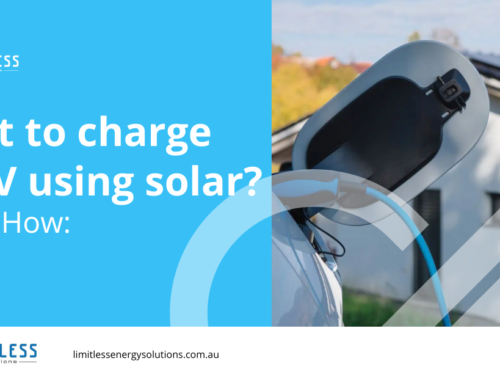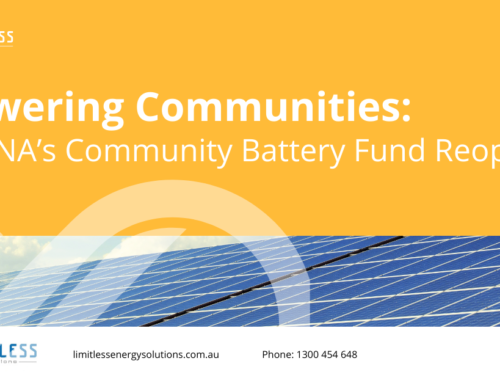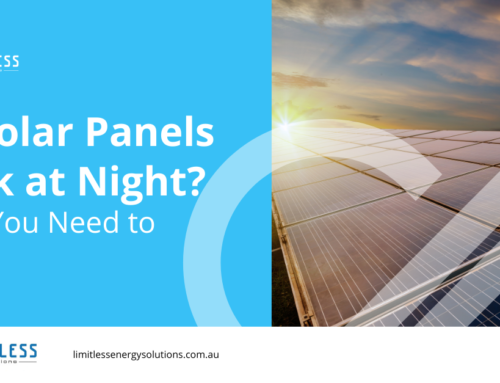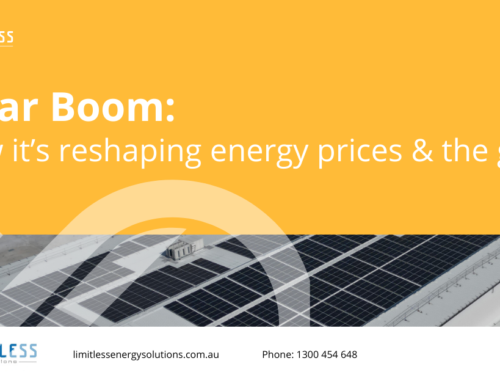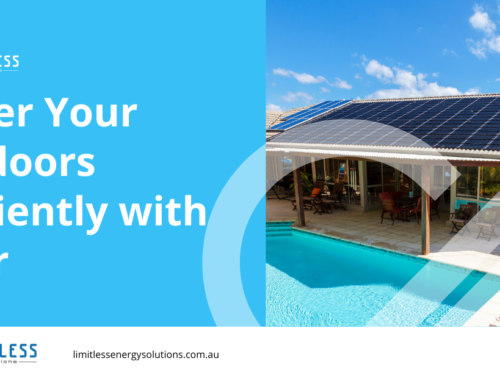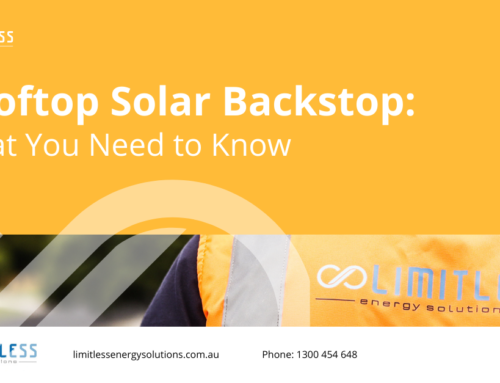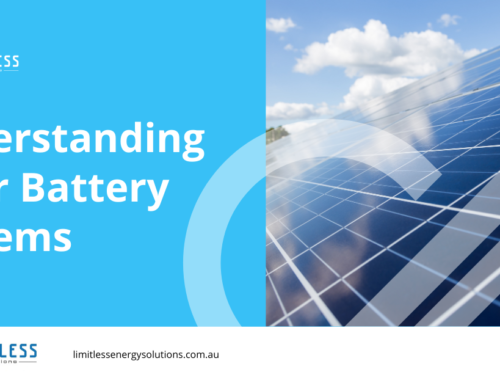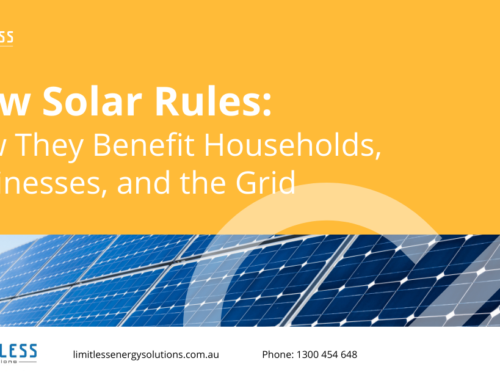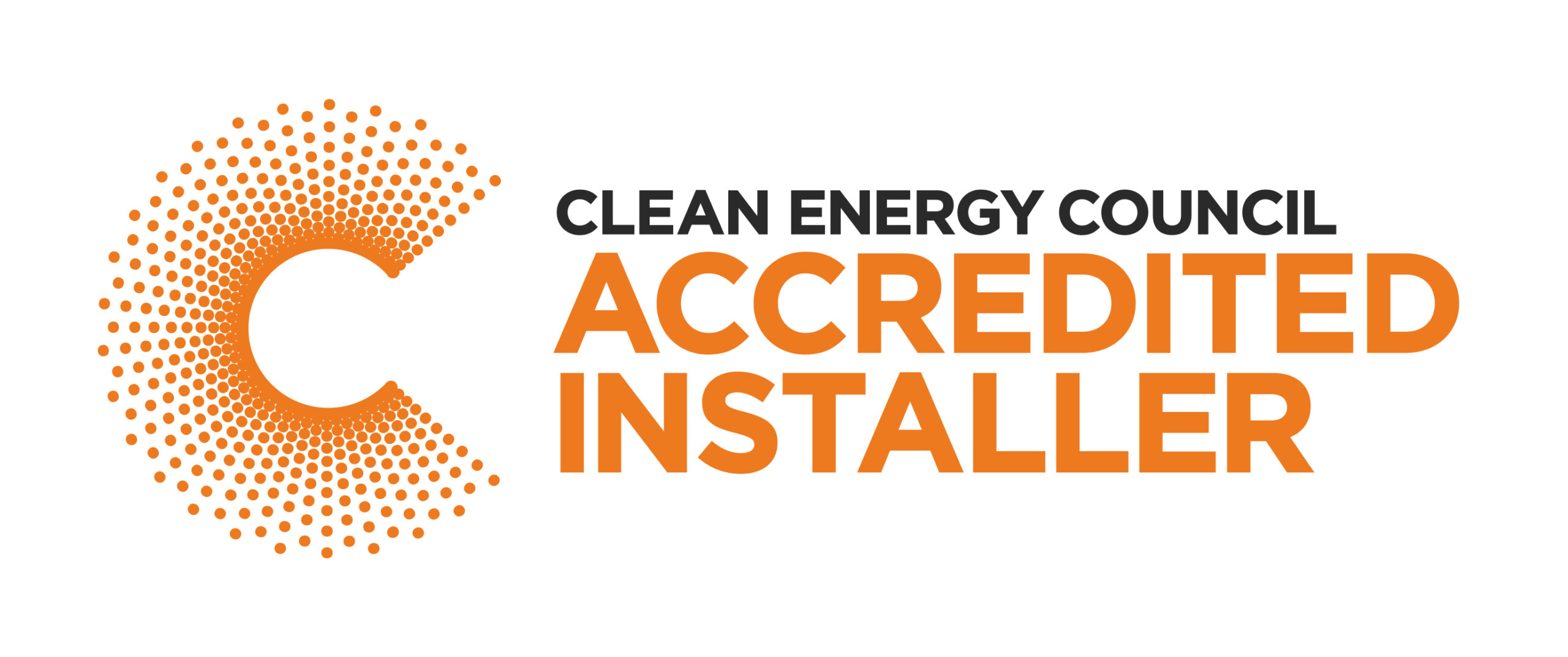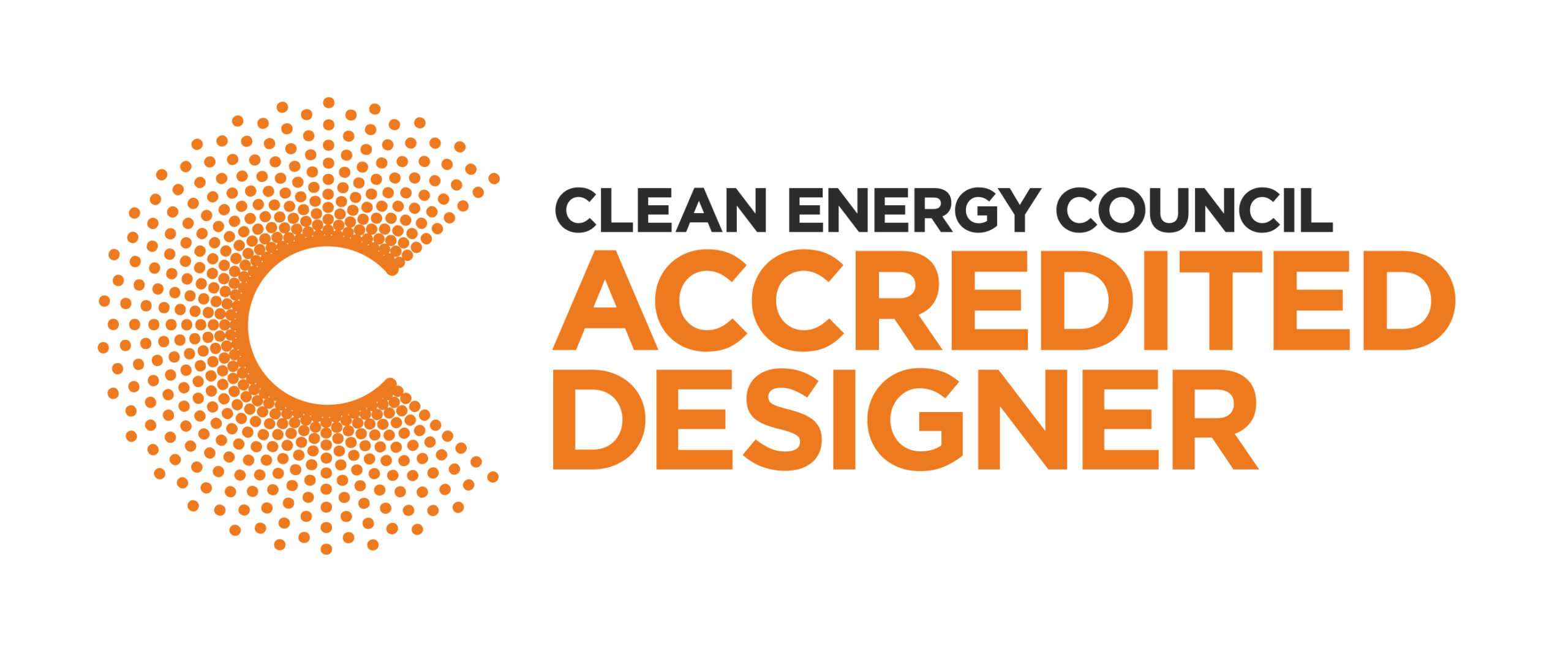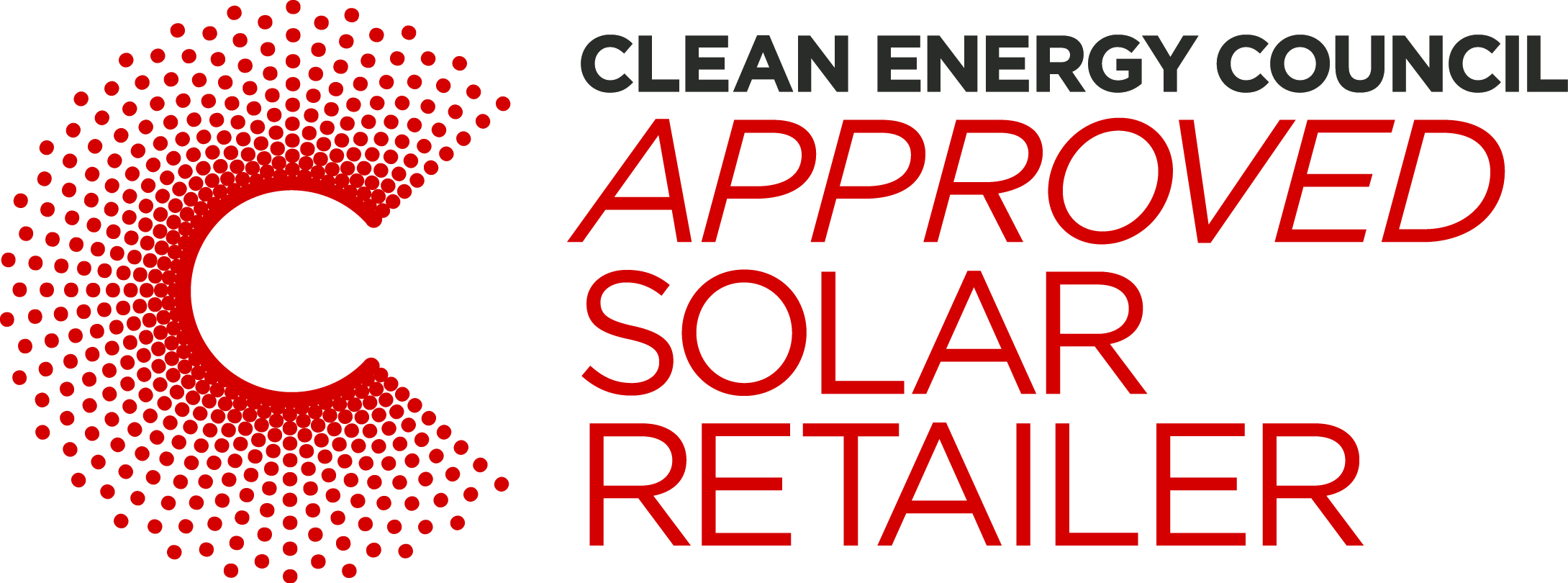As solar energy becomes more popular, many homeowners are weighing the benefits and drawbacks of installing solar panels. This article explores the key pros and cons to help you decide if solar energy is the right choice for your home.
Benefits of Solar Panels
1. Cost Savings: Solar panels can significantly reduce your electricity bills. By generating your own electricity, you can lower or even eliminate your monthly energy costs. In Australia, households can save between $1,000 to $2,500 per year, depending on the size of the solar system and energy consumption.
2. Environmental Impact: Solar energy is a clean, renewable resource that reduces reliance on fossil fuels. By installing solar panels, you can lower your carbon footprint and contribute to reducing greenhouse gas emissions. This positive environmental impact is a significant benefit for those concerned about climate change.
3. Energy Independence: With solar panels, you can reduce your dependence on the grid and protect yourself from rising energy costs. In the event of power outages, a solar battery can provide backup power, ensuring you have electricity when you need it most.
4. Increase in Property Value: Homes with solar panels often have higher property values and sell faster than those without. Potential buyers are attracted to the prospect of lower energy bills and a home that is more environmentally friendly.
5. Government Incentives: Australia offers various financial incentives and rebates to encourage the adoption of solar energy. The Small-scale Renewable Energy Scheme (SRES) can provide a rebate of up to $4,000, making the initial investment more affordable.
Drawbacks of Solar Panels
1. Initial Costs: The upfront cost of purchasing and installing solar panels can be significant. A typical 5kW system in Australia can cost between $4,760 to $6,870, excluding additional equipment and installation fees. However, this initial investment is often recouped through energy savings over time.
2. Weather Dependence: Solar panels rely on sunlight to generate electricity, so their efficiency can be affected by weather conditions. On cloudy or rainy days, solar panels produce less energy. However, modern panels are designed to work efficiently in various weather conditions, and batteries can store excess energy for use during low production periods.
3. Space Requirements: Installing solar panels requires sufficient roof space. Homes with limited or shaded roof areas may not be able to accommodate enough panels to meet their energy needs. Ground-mounted systems are an alternative but require additional space and installation considerations.
4. Maintenance: While solar panels require minimal maintenance, they still need regular cleaning and inspections to ensure optimal performance. Dust, debris, and bird droppings can reduce their efficiency. Homeowners must be prepared to perform or arrange for periodic maintenance.
5. Energy Storage Costs: If you want to store excess energy for use at night or during power outages, you will need a solar battery. These batteries can add significant costs to the system, with prices ranging from $4,000 to $10,000 depending on capacity.
Solar panels offer numerous benefits, including cost savings, environmental impact, and energy independence. However, they also come with drawbacks such as high initial costs and maintenance requirements. By carefully weighing these pros and cons, you can determine if solar energy is the right choice for your home. For personalized advice and high-quality solar solutions, contact Limitless Energy Solutions today.


